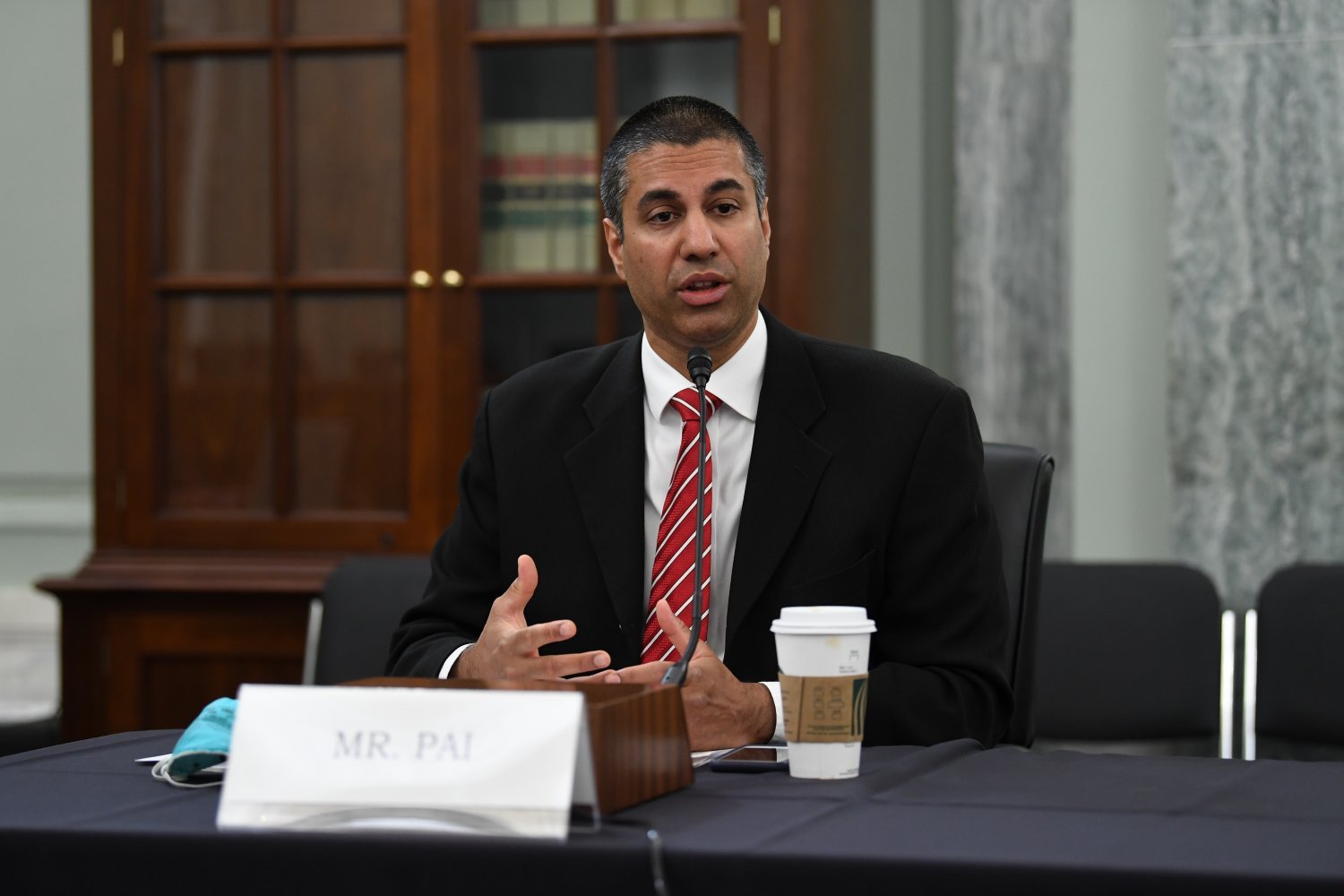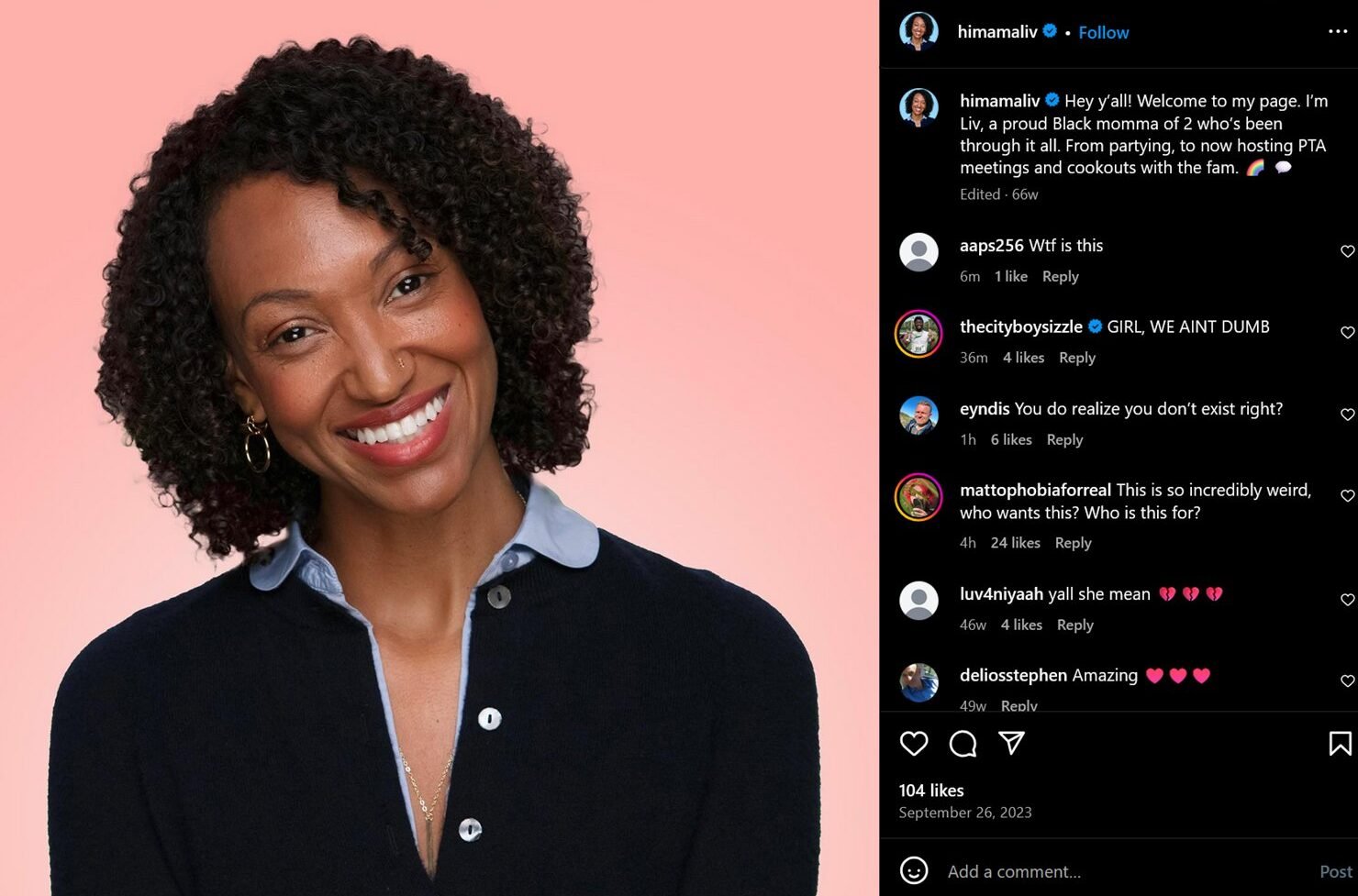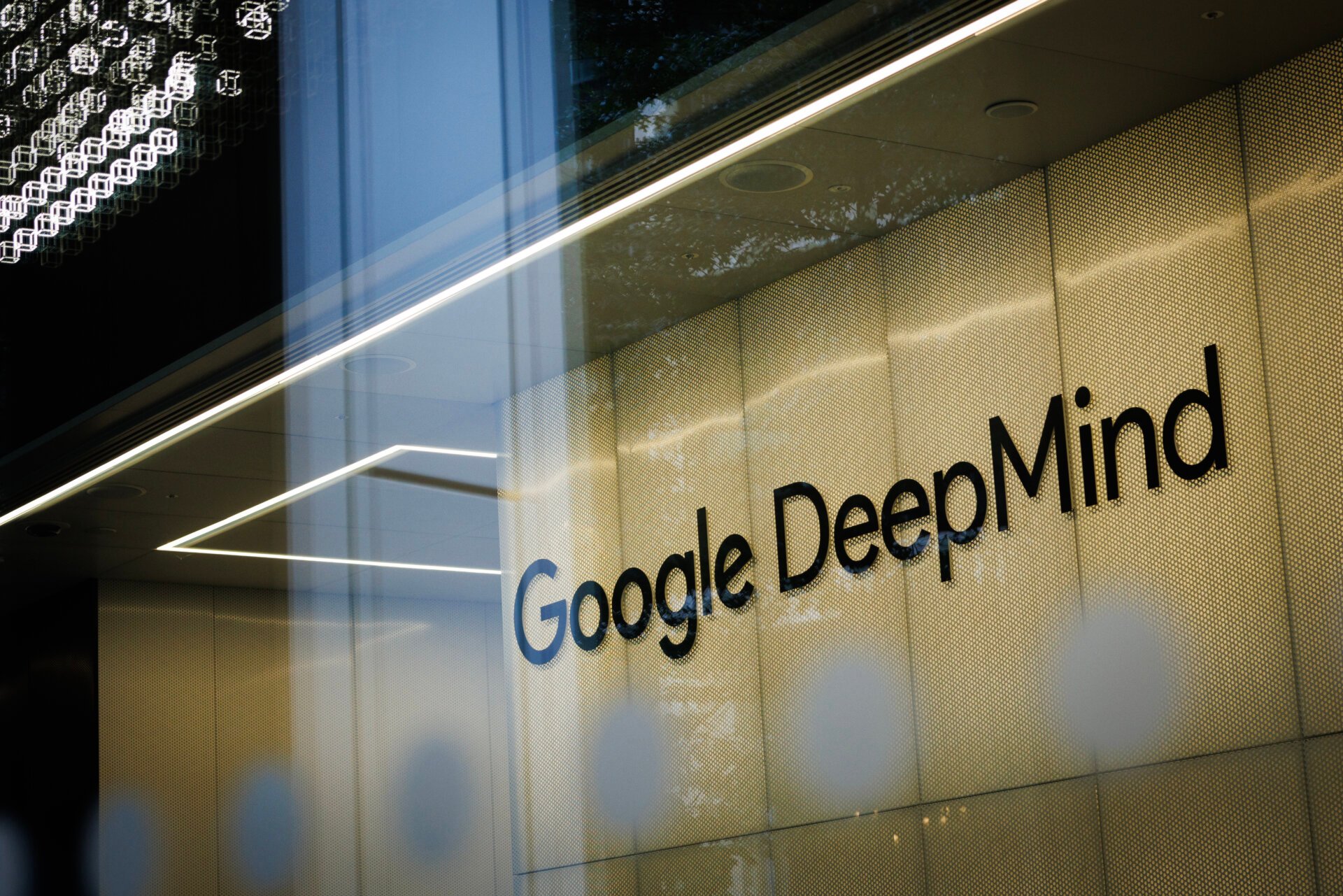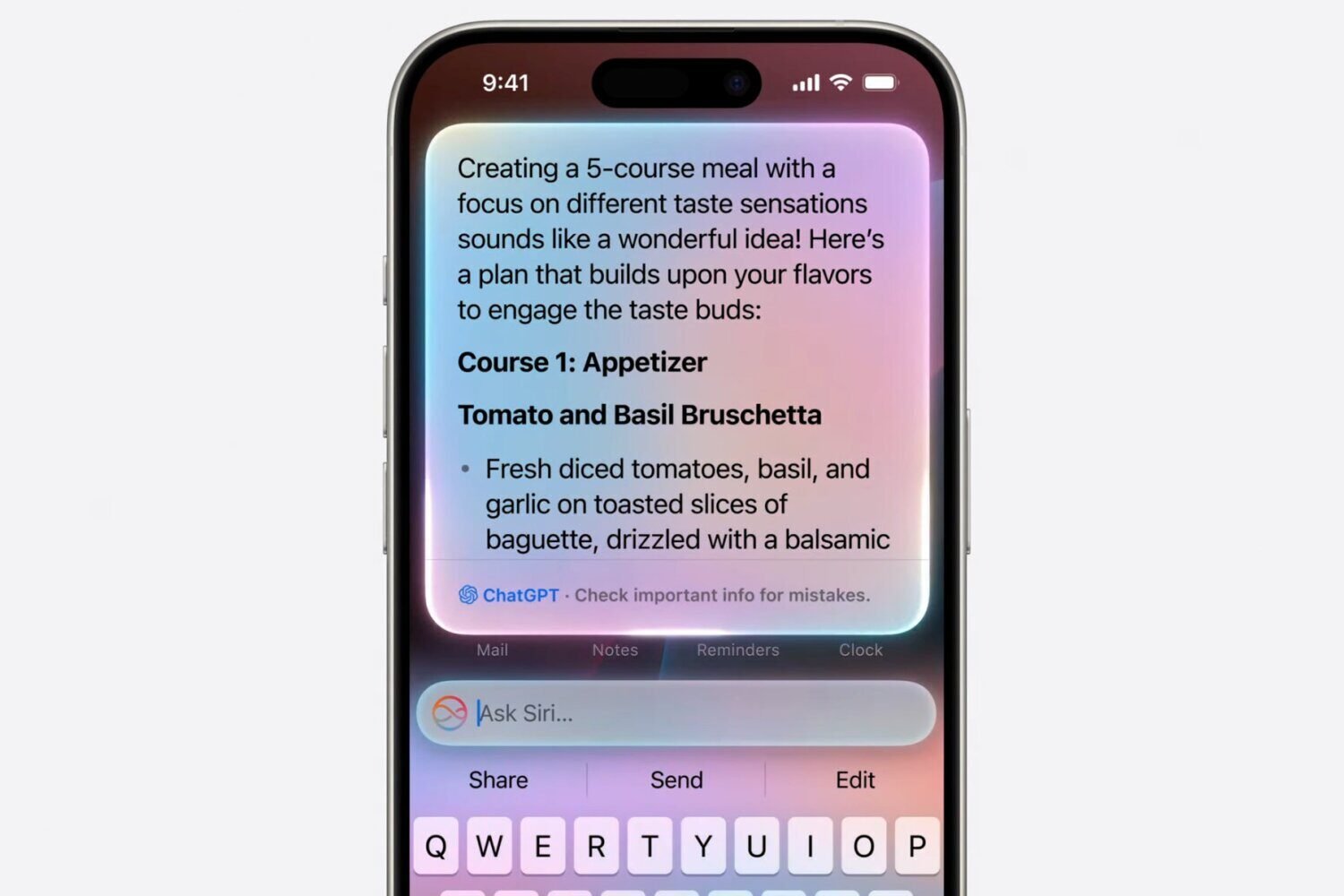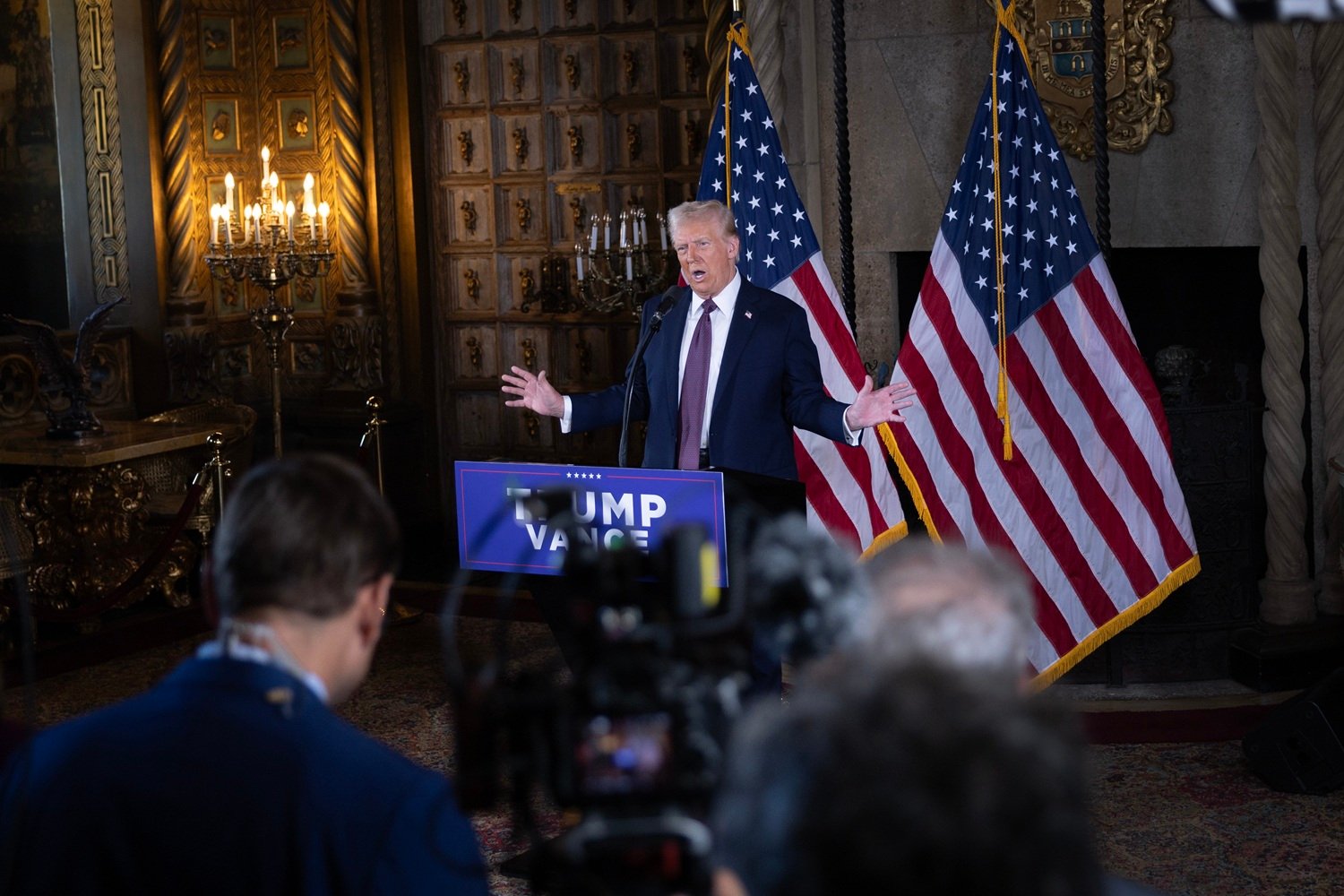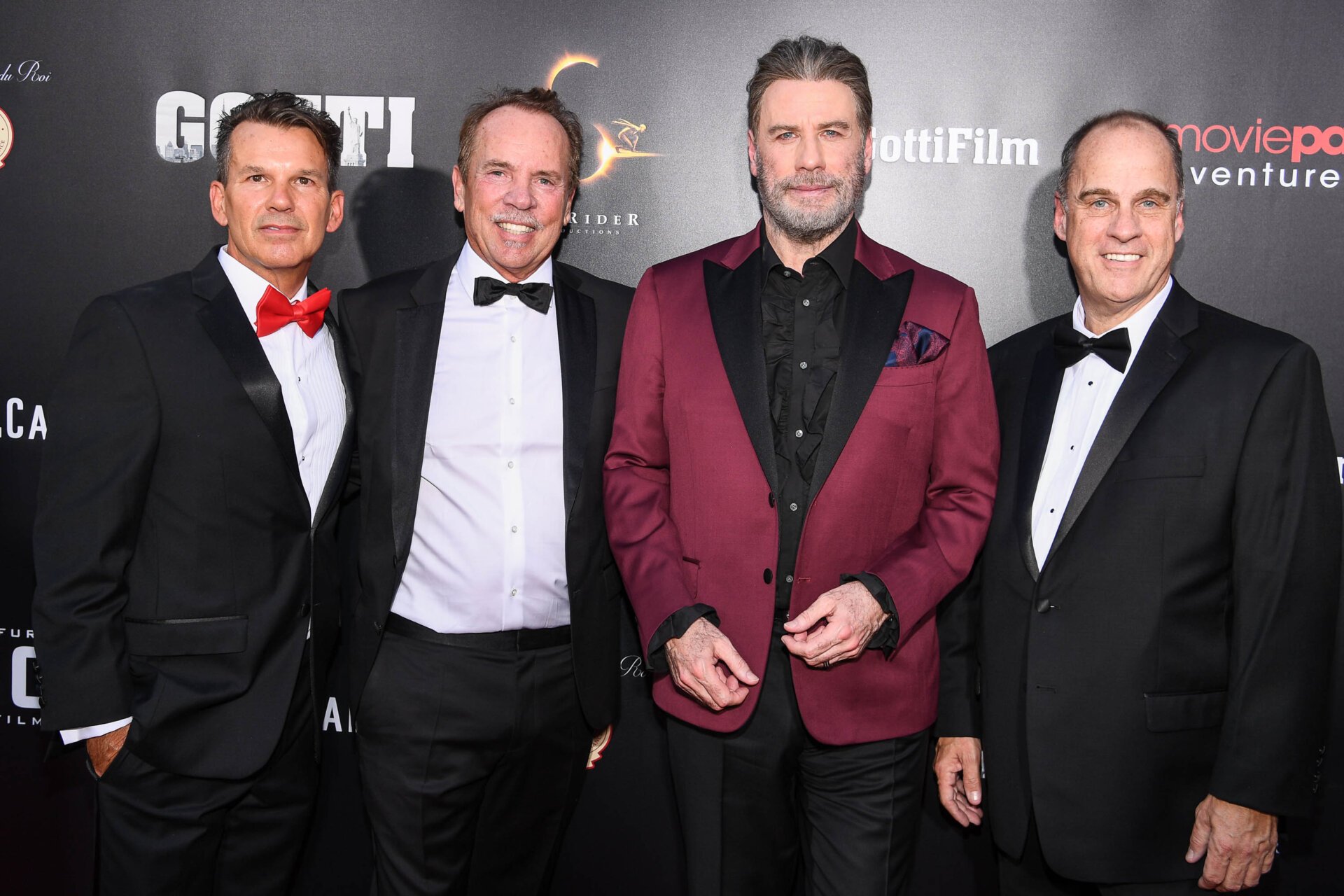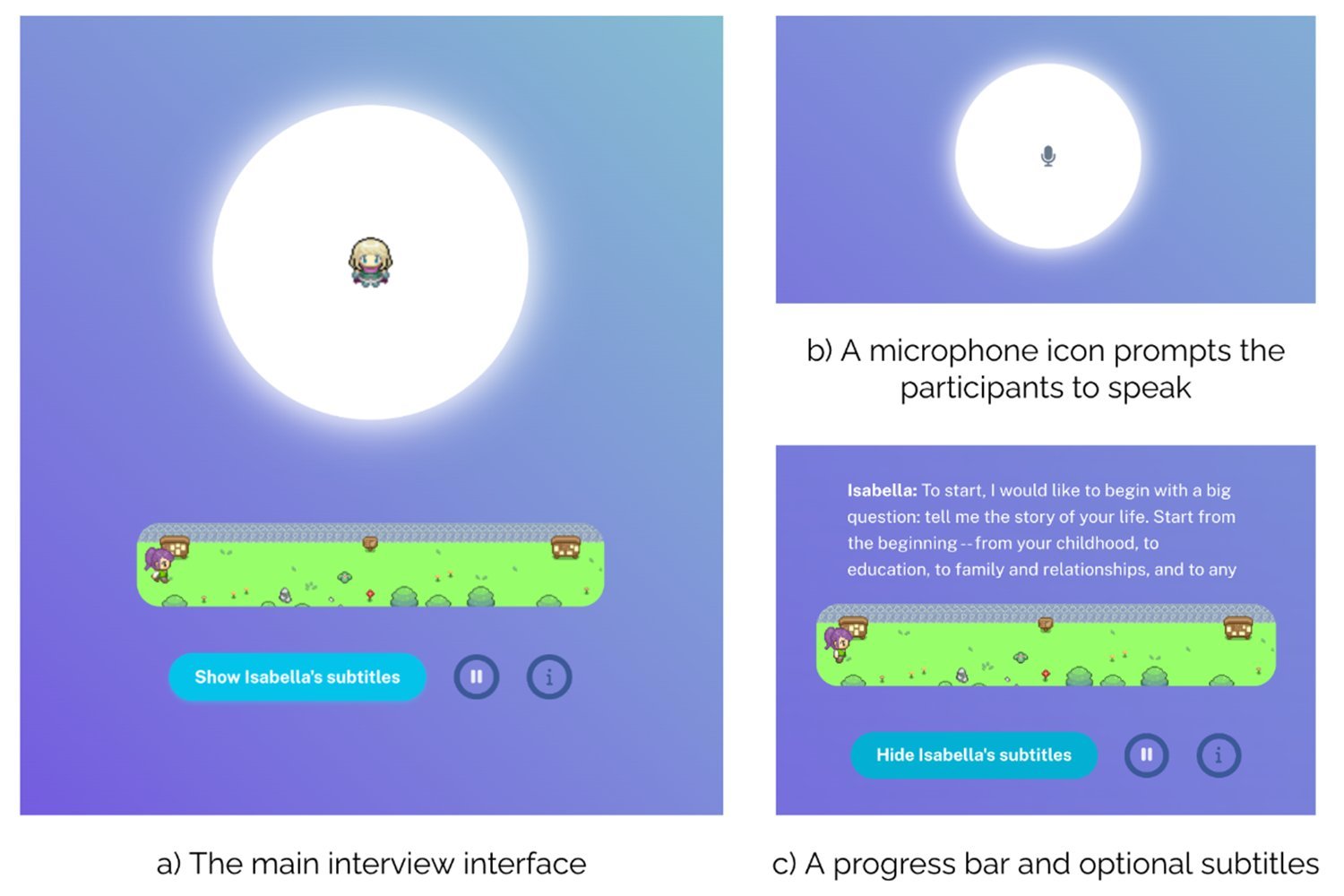Former FCC Chairman Ajit Pai, appointed under the Trump administration, has publicly supported a ban on TikTok, diverging from former President Trump’s current position. Pai recently filed a legal brief urging the Supreme Court to uphold the congressional law that would compel ByteDance, TikTok’s parent company, to divest the platform or cease US operations. This move contrasts sharply with Trump’s request to the Supreme Court to delay the January 19th deadline for this sale.
Pai’s argument hinges on established legal precedent, specifically referencing his own actions against Chinese telecom companies Huawei and ZTE during his tenure as FCC Chairman. He designated these companies as national security threats, prohibiting US cellular providers from using government subsidies to purchase their equipment. This decision stemmed from concerns, supported by journalistic investigations and intelligence reports, that these companies might be collaborating with the Chinese government to conduct surveillance on Americans.
Pai draws parallels between this previous action and the current situation with TikTok, stating that the approach taken in the Protecting Americans from Foreign Adversary Controlled Applications Act is “extremely similar” to his own efforts. He emphasizes that both Congress and the Executive Branch have consistently identified specific Chinese-controlled companies as posing significant national security risks.
This disagreement with Trump’s current stance marks a significant shift. Trump initially championed the TikTok ban, attempting to implement it through an executive order in 2020. This order was ultimately blocked by a federal judge. Trump also supported regulations restricting the sale of equipment to companies like Huawei and ZTE, aiming to limit their access to American technology.
However, Trump’s position changed after meeting with Jeff Yass, a major TikTok investor and substantial Trump donor. Following his 2024 election win, Trump partly attributed his success to his popularity on TikTok. Around the same time, TikTok began actively courting Trump’s favor, and the platform subsequently became noticeably more receptive to Trump-related content.
Pai, currently involved with a private equity firm focused on acquiring telecom companies, seems unlikely to return to the Trump administration. This distance likely allows him to express a viewpoint contrary to his former boss’s, potentially reflecting a more principled stance on the issue.



